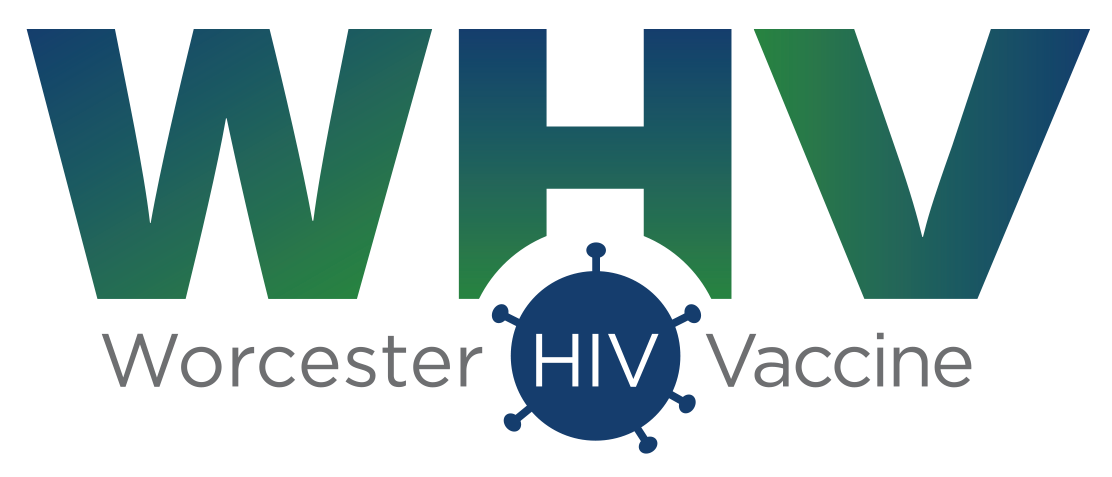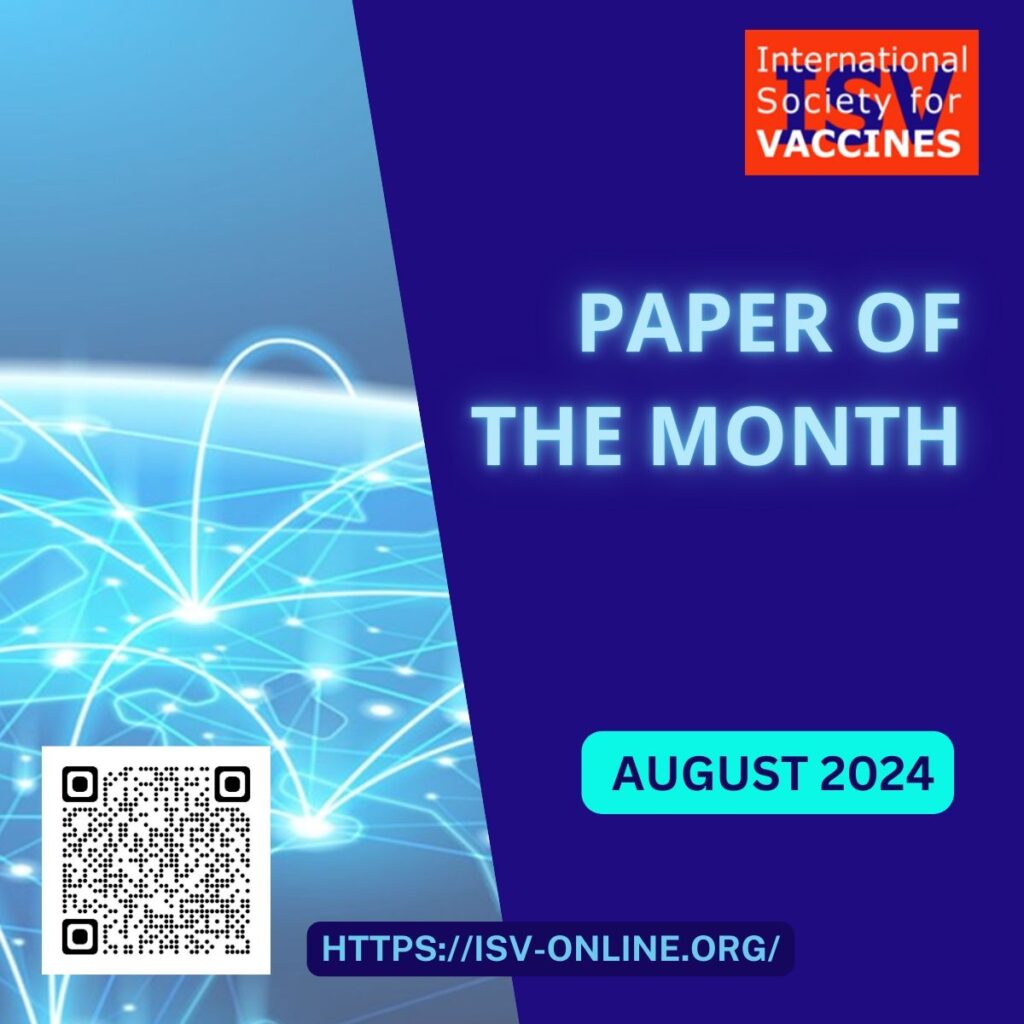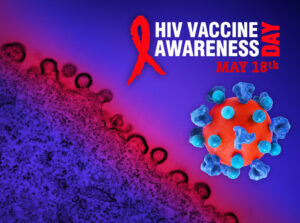At the HIVR4P conference in Lima, Peru held in early Oct. 2024, WHV and collaborators presented results from three different research projects related to WHV’s polyvalent DNA/Protein HIV vaccine candidate PDPHV.
As an oral presentation, Dr. Zoe Moodie presented the results from a large collaborative research effort together with colleagues from the HIV Vaccine Trials Network (HVTN), which compared the immune responses across 13 different HVTN protocols testing a variety of HIV vaccine candidates worldwide. Analyses showed the exciting results that immune responses induced by PDPHV – tested in phase 1a HVTN124 – were amongst the highest across all vaccination regimens analyzed. Not only did the DNA prime – protein boost arm of HVTN124 show the highest median breadth scores of binding antibody responses, but also 100% response rate for IgG binding antibody responses to gp70 V1V2 and 100% response rate and high magnitude for CD4+ T-cell responses. Notably, some of these antibody responses induced by PDPHV were almost three times higher in magnitude than those seen in RV144 and about two and a half times higher than the two recent efficacy trials HVTN 702 and 705. These are relevant findings that can be of great value for the entire HIV vaccine field with regards to vaccine product design and vaccination regimen.
A poster presented by Dr. Stephen Walsh and Dr. Shan Lu showed the persistence of ENV specific antibody responses elicited by PDPHV with data derived from two phase 1 clinical studies, HVTN124 and WHV138, in which the same investigational product was administered but at slightly different vaccination regimens. To study the longevity of immune responses, serum samples were collected from volunteers two weeks after each vaccination, 6 months post last vaccination in HVTN124, and both 6 months and 12 months post last vaccination in WHV138. The gp120-specific IgG responses were found to be durable over the 6-month period after the last immunization with less than one-log drop of the antibody titer. Antibody responses in WHV138 were durable over a 12-month period after last vaccination. Furthermore, serum IgG in both HVTN124 and WHV138 were cross-reactive to Env antigens from subtype A, B, C and AE. The data from both trials indicate that the vaccine-induced immune responses can be long lasting for at least a year after immunization and target multiple viral clades. These are very important features for an effective and globally relevant HIV vaccine.
Another poster, also presented by Dr. Lu, featured the isolation of HmAb64, a CD4-binding site human monoclonal antibody of a DP6-001 trial volunteer (a phase 1 trial that tested the safety and immunogenicity of first-generation PDPHV), and its ability to neutralize cross-clade tier 2 HIV strains. To learn more about this discovery, read the previously reported summary or the published paper in Nature Communications.




